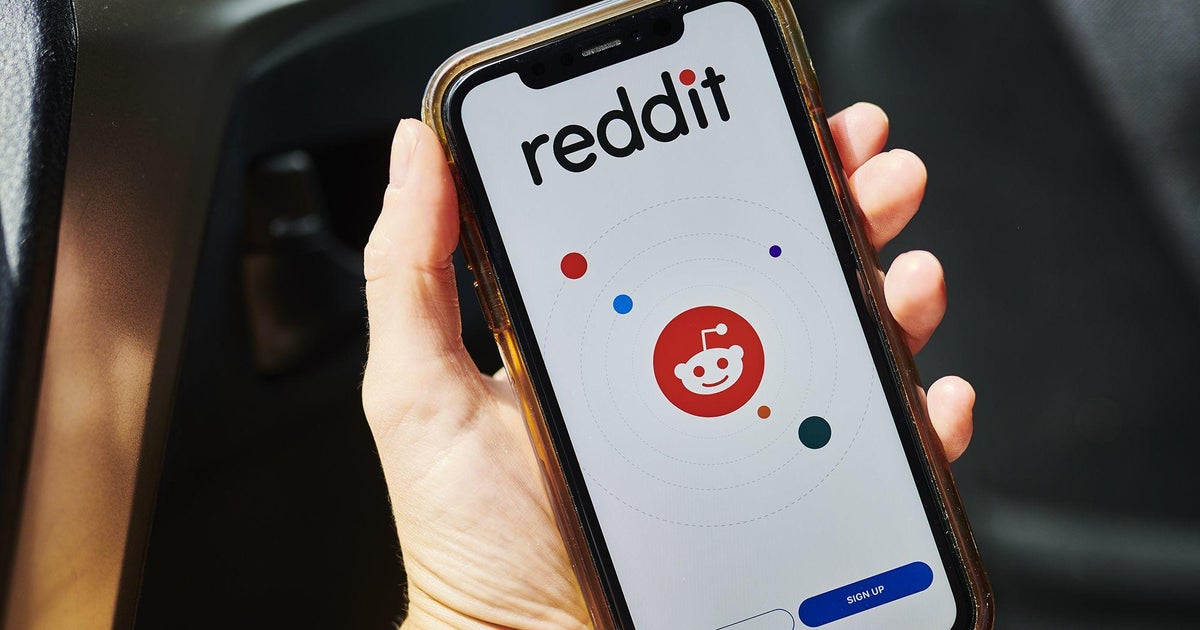How "Sesame Street" has made kids smarter, stronger and kinder for 50 years
It's estimated that 86 million Americans have watched "Sesame Street" since it debuted 50 years ago. The show that began as an experiment to level the educational playing field for all preschool children has always had the same goal: to make kids smarter, stronger and kinder, "CBS This Morning Saturday" co-host Dana Jacobson reports.
"'Sesame Street,' from the very beginning, has adopted playful learning as its approach to teach," said Rosemarie Truglio, who is in charge of curriculum and content at Sesame Workshop, the nonprofit behind the groundbreaking show.
"Why do children learn more easily from an Elmo or a Cookie Monster?" Jacobson asked.
"Because Elmo and Cookie are their friends. And so, there's this word that we use in developmental psychology, it's called this power-social relationship. When children watch 'Sesame Street' and they see Elmo and Big Bird and Julia and Abby, they're their friends," Truglio said. "They're real. They talk. They eat. They sleep. They cry. They're real. And when you develop that connection, you're going to learn more from a character that you care about."
Cookie Monster, for example, can teach children how to control impulse.
"By kids watching Cookie fail, they're learning, 'Hey, he messed up. He ate the cookie. … That strategy didn't work, but he used another strategy, and the next time he used that strategy, it worked.' So it's important for us to show that trial and error," Truglio said.
The Muppets also explain difficult realities like incarceration, homelessness and autism.
"The 'Sesame' magic is they take difficult topics and put them through the lens of a child, so that it's very easy to understand," said Theresa Fitzgerald, who oversees branding at Sesame Workshop. She and her team spent years creating Julia, a Muppet on the autistic spectrum.
"We created character arc for a storybook, and it was so well received that they decided to build the puppet," Fitzgerald said. "Then she appeared on the show and then this year, we just added her family."
"What was the response when Julia first appeared on that show?" Jacobson asked.
"It was amazing. It really was — there was such a need that there was such a positive response," Fitzgerald said.
But it's more than feedback. Research shows that "Sesame Street" has a positive impact on kids. The 2019 paper, "Early Childhood Education By Television: Lessons From Sesame Street," found access to the show was associated with better elementary school performance.
"They compared the 'Sesame' viewers to non-viewers," Truglio said. "On average, they performed 16% higher than non-viewers. But they also had these positive dispositions towards learning — much more motivated to learn and engage in leisure reading and better pro-social skills as well. So it wasn't just the academic, it also had a social impact."
"Sesame Street" continues to strive for that impact by using everything from apps to books, including Truglio's new book, "Sesame Street: Ready for School."
"Working with children alone is not the answer because children are learning from the adults around them," Truglio said.
"You're teaching children; you're also teaching parents," Jacobson said.
"Yeah. I often say I wish parents would watch 'Sesame Street' as a parenting show because we have a human cast who is really representing you as a parent," Truglio said. "When our characters are struggling with an emotion, or they're dealing with a problem, the human cast is basically telling and showing us as parents how we could possibly address this with our child."
"Sesame Street's 50th-Anniversary Celebration" is streaming on HBO Kids and will air Sunday on PBS, where the series made its debut in 1969.



